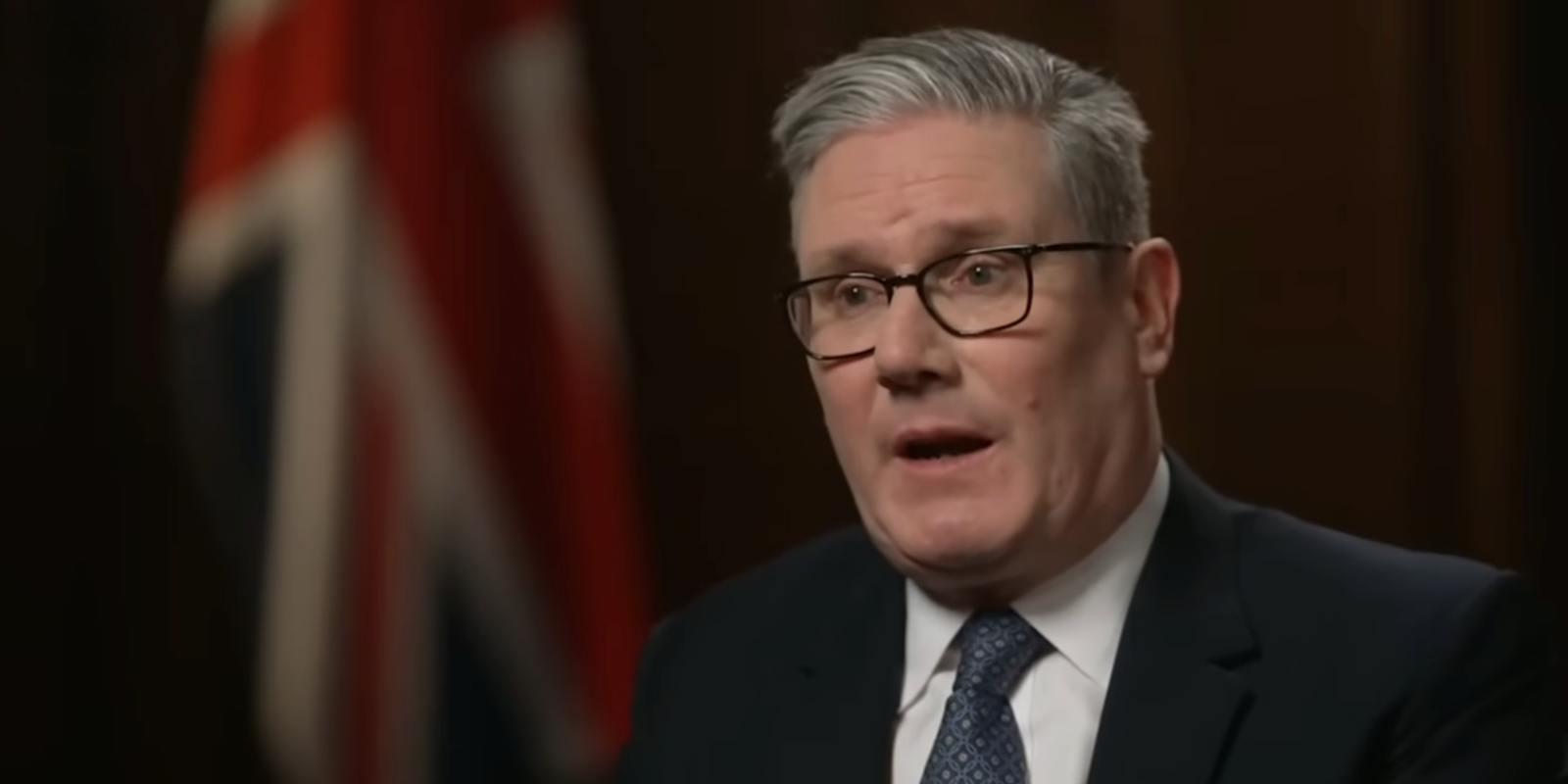I am given to understand that the day I passed through the ancient gates into old Jerusalem; the holiest city on earth was as empty as it had been at any time in recent memory. This was hardly surprising, war tends to depress tourism, and Israel had been at war for months. It was the final day of a meaningful but difficult trip in which I saw firsthand the atrocities of October 7th. Now within the cramped confines of ancient cyclopean walls and the spice fragrant narrow streets of storefront and history, I saw what all the fighting was about.
My grandfather was a devout Zionist. My father, whose religious leanings bent at various times towards Zen Buddhism, Quakerism, and the Gypsy Kings, thought the whole region should be bulldozed and everyone would stop fighting over it. As with other things, I hovered somewhere between their two mindsets growing up. But there in the City of David, at the Church of the Holy Sepulchre where my Crusader heroes prayed, I got it. It is the spot. Of course, we fight over it.
I’m not a particularly gifted tourist so I had no itinerary, I basically just poke a stick at places I visit and see what happens. Non-Muslims weren’t allowed in the Muslim Quarter that day, so I puttered around the Jewish Quarter for a while. My obligatory visit to the Western Wall reminded me of how barren the landscape was. Having scribbled a prayer, I basically had the biblical big screen all to myself.
The only real destination I had in mind was a tattoo parlor called Rassouk’s, in the Christian Quarter, that opened its doors for pilgrims to commemorate their passage to the Holy Land in 1300 AD. That seemed worth being a part of.
It doesn’t disappoint. You turn a corner and there it is, alone, you enter into its chilly, stone environment, yellowed ancient photographs and knick knacks behind glass. It was, not to emphasize the point too much, empty. I approached the man at the desk, late 20’s, dark and handsome. I explained my situation.
The typical tat branded by this business that started when the Byzantines still reigned is a Jerusalem cross, emblem of the Latin Kingdom of Jerusalem. As it turned out, I already had a fivefold cross on my right shoulder, my only tattoo that I endured 5 years earlier to celebrate my belated confirmation in the Catholic Church. I decided against another Jerusalem cross on my other shoulder, so as not to look like a football jersey, and decided to get the year in Roman numerals under my original cross.
Just the two of us, we rendered the design on the computer, then went back to his studio and through the typical and international language of men’s small talk it came out that I was there as an American journalist covering the conflict. That’s when he said, as if to get it out of the way, “I’m a Palestinian Christian.” With instantaneous understanding we both knew that we held opposite positions on the issue. I think I started to utter something to break the tension when he said, “Look, I understand, I just ask that you try to be fair.”
I wouldn’t say he read my mind, exactly, but he knew what I was thinking. I dispensed with the retelling of the atrocities I had seen for days, he knew what I had been shown. If I recall correctly, the words I uttered were, “tell me.” He didn’t suggest to me that Israelis had committed any horrors in Gaza, where he had lived in the past. Instead, his story was one of uncertainty, uncertain what his nation was, what country he lived in, if he could stay. The whirr of the tattoo machine underscored his words that pinched a bit, just as the ink did.
He was somewhere in the middle of MMXXIV when I said, “You have to understand, for most Americans, the answer is Hamas surrenders, releases the hostages and we go from there.” With little emotion, but what seemed a familiar sense of resignation, he half smiled and said, “Well, that’s not going to happen.”
I hadn’t really noticed the anodyne, American music in the background until that pregnant pause when Michael Jackson’s Billie Jean came on. “Genius,” my new friend said. “Incomparable,” I agreed, “universal.” He wiped down my new ink, and we were done. I was disappointed as we ventured back into the stone lobby that still it stood empty. I paid my bill, and we had a moment, a look. I think he trusted me.
I didn’t make him any promises. I’m not neutral in the fight between Israel and Hamas or between the West and Islamic extremism. But my friend in Jerusalem didn’t ask me to be neutral. He asked me to be fair. I try. And I think of him often.





